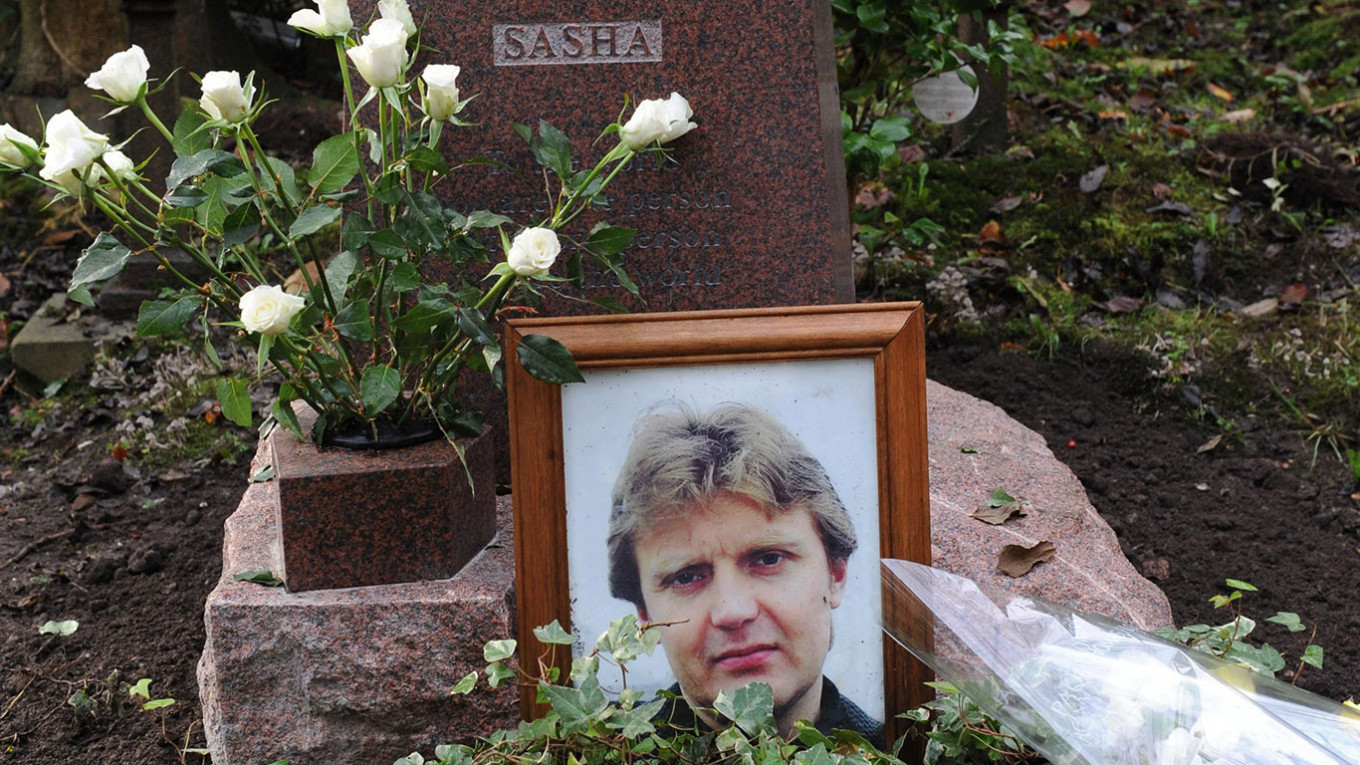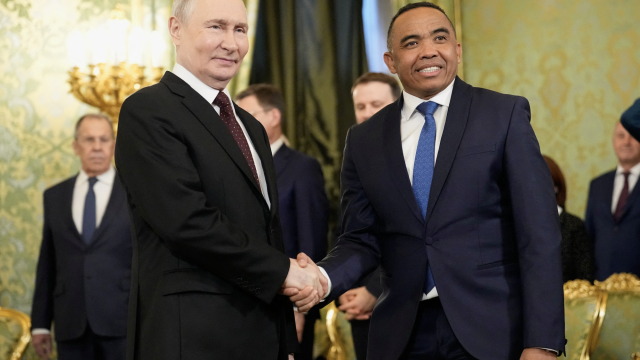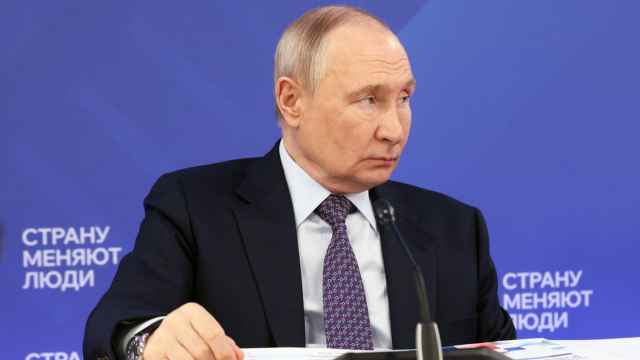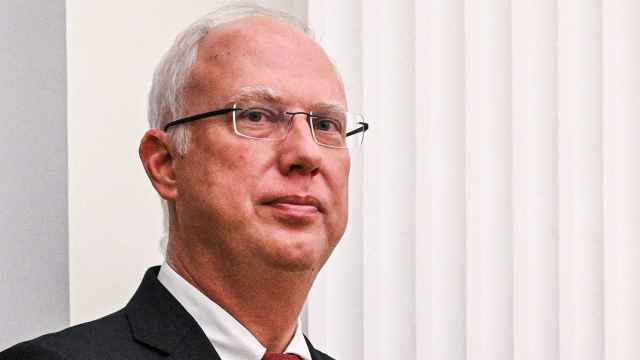Former Russian intelligence officer Alexander Litvinenko died in London on Nov. 23, 2006 after being poisoned by a rare radioactive compound, polonium-210.
British and European investigators blamed the Kremlin for Litvinenko’s death, sparking a diplomatic conflict between Russia and the U.K. that has continued to escalate to this day.
Litvinenko served in the Soviet KGB and its successor, the Russian FSB, from 1988-1998, specializing in counterterrorism and organized crime. In 1998 Litvinenko claimed that the FSB ordered him and his team to plan the assassination of Boris Berezovsky – one of the most influential Russian oligarchs.
Later Litvinenko claimed that President Vladimir Putin organized a series of terrorist attacks against Russian citizens in the early 2000s in order to provoke a second war in Chechnya and consolidate his power.
The same year, Russian prosecutors accused Litvinenko of abuse of power and illegal possession of explosives. Litvinenko fled to Britain, where he was granted political asylum in 2001.
While in the U.K. Litvinenko published two books accusing the FSB of corruption and other criminal activities. He had also worked for MI6 and cooperated with Spanish and Italian intelligence agencies.
On Nov. 1, 2006, Litvinenko was poisoned by the radioactive agent polonium-210 while drinking his tea with one of his business partners, Andrei Lugovoi. A few weeks later he died in a London hospital. In the next several years Scotland Yard gathered evidence substantiating the accusation that Andrei Lugovoi poisoned Litvinenko.
In 2021 the European Court of Human Rights established that Russia was involved in the murder and ordered the country to pay $137,000 to Litvinenko’s widow, Marina Litvinenko.
The Kremlin denied its involvement and launched their own investigation, although the prosecutors have still not identified a suspect. Andrei Lugovoi was elected to the Russian parliament in 2007 and received a Special Services to the Fatherland award from Vladimir Putin in 2015.
Since then there have been more accusations that Russian operatives have poisoned critics of Russia, most prominently former Russian intelligence officer Sergei Skripal and his daughter in 2018 and Alexei Navalny in 2020. Russian authorities have denied all blame.
Fifteen years after Litvinenko’s death, his story has become a subject for books, theater plays, and operas. HBO is currently making a series about the former spy starring Benedict Cumberbatch. ITV is also working on a series about Litvinenko’s murder; Litvinenko will be played by David Tennant.
A Message from The Moscow Times:
Dear readers,
We are facing unprecedented challenges. Russia's Prosecutor General's Office has designated The Moscow Times as an "undesirable" organization, criminalizing our work and putting our staff at risk of prosecution. This follows our earlier unjust labeling as a "foreign agent."
These actions are direct attempts to silence independent journalism in Russia. The authorities claim our work "discredits the decisions of the Russian leadership." We see things differently: we strive to provide accurate, unbiased reporting on Russia.
We, the journalists of The Moscow Times, refuse to be silenced. But to continue our work, we need your help.
Your support, no matter how small, makes a world of difference. If you can, please support us monthly starting from just $2. It's quick to set up, and every contribution makes a significant impact.
By supporting The Moscow Times, you're defending open, independent journalism in the face of repression. Thank you for standing with us.
Remind me later.






